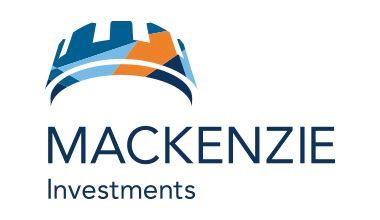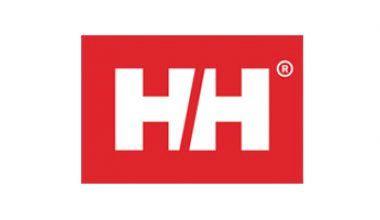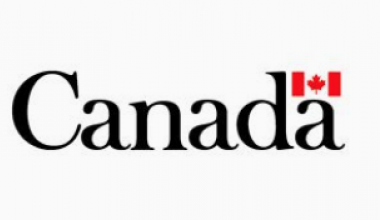Concussion: Facts You NEED To Know
1/13/2020
January 2020 marks the start of the #CHECKFORCONCUSSION: 2020 PUBLIC AWARENESS CAMPAIGN with Parachute Canada. Parachute, supported by the Public Health Agency of Canada, created a national awareness campaign for recognizing potential concussions featuring champion athletes, including Alpine Canada National Team Alumni Steve Podborski.
Any blow to the head, face or neck, or a blow to the body that jars your head, could cause a concussion. To learn more about the management of concussion, click on the tabbed content below for more information and resources.
Concussion Facts
A concussion is a brain injury caused by a sudden hit, bump or jolt to the head, face, neck or somewhere else on the body that causes the brain to move rapidly back and forth within the skull. A concussion cannot been seen on routine X-rays, CT scans or MRIs. The impact can cause changes with the brain and can prevent the brain from working normally.
Concussions are common sport injuries, but sometimes the subtle symptoms of a concussion may go unnoticed.
If a concussion goes undetected and untreated, an individual is at risk of developing more severe, longer-lasting concussion symptoms, as well as an increased risk for sustaining other injuries.
Signs and Symptoms of a Concussion
Physical
- Headache
- Pressure in the head
- Dizziness
- Nausea or vomiting
- Blurred vision
- Sensitivity to light or sound
- Ringing in the ears
- Balance problems
- Feeling tired or low energy
- Drowsiness
- Don’t feel right
Cognitive
- Not thinking clearly
- Feeling slowed down
- Feeling “in a fog.”
- Problems concentrating
- Memory problems
Emotional
- Easily upset or angered
- Sadness
- Nervous or anxious
- Feeling more emotional
Sleep-related
- Sleeping more or less than usual
- Having a hard time falling asleep
Concussion treatment
General recommendations for concussion recovery include a short period of rest, followed by a gradual return to activity under the supervision of a medical professional. Caring for a concussion can involve a variety of treatments and a team of health professionals, depending on the symptoms and how a person’s condition improves (Parachute Canada, 2020).
Concussion healing time varies
The symptoms of a concussion usually last one to four weeks, but may last longer. In some cases, it can take weeks or months to heal. If a person has had a concussion before, it may take them longer to heal the next time (Parachute Canada, 2020).
Mandatory baseline testing not recommended
Baseline testing is the practice of having an athlete complete certain concussion assessment tools before sport participation – usually before the start of a season – in order to get baseline or “pre-injury” measurements. In the event of a suspected concussion, assessment is done again and these post-injury measurements are compared to the baseline measurements. The goal of this testing is to identify cognitive differences in the athlete before and after the injury. Baseline testing does not refer to one specific tool or test, but can refer to many forms of assessment, such as computerized, pencil-and-paper and sport-specific skill testing (Parachute Canada, 2020).
Baseline testing is not required for post-injury care of youth athletes with suspected or diagnosed concussion. Rather than using resources for baseline testing, we encourage sport organizations and schools to develop processes within their organizations to recognize and remove anyone with a possible concussion, ensure they get medically assessed and support them to return to school and sport safely (Parachute Canada, 2020).
Resources for More Information
Please review the following resource materials, links and apps related to the proper management of concussion:
Alpine Canada Concussion Management Protocol - Alpine Canada Alpin has developed the Alpine Canada Concussion Protocol to help guide the management of athletes who may have a suspected concussion as a result of participation in Alpine skiing - related activities, in conjunction with the Parachute Canada harmonized Sport concussion protocol.
Parachute Canada Concussion baseline testing fact sheet - Download this quick fact sheet for basic information about baseline testing.
Parachute Canada Concussion Ed app - Concussion Ed app is designed to give Canadians free access to critical concussion resources. This free mobile app has been developed primarily for youth, parents and educators, but covers concussions throughout different scenarios for a wide audience.
Parachute Canada Concussion Recognition Tool 5 (CRT5) - To help identify concussion in children, adolescents and adults.
Ontario Rowan's Law Concussion Safety Learn about the Concussion Awareness Resources that amateur athletes, parents, coaches, team trainers and officials are required to review.
SIRC.ca Concussion resources and educational toolkits - Informed by evidence SIRC.ca has provided educational resources. Recognize, Remove, Refer, Return.
What to Do
- Tell Someone - Tell a coach or a parent if you think you or someone you know may have a concussion.
- Stop Training or Competing - Training or competing with concussion symptoms is dangerous and can lead to a longer recovery and a delay in an athlete's return to play. A repeat concussion in an athlete can result in permanent damage to the brain. It can even be fatal.
- Seek Medical Attention - Anyone with a suspected concussion should seek medical attention immediately. If an athlete is unconscious, call ski patrol or an ambulance. Do not move the athlete or remove any equipment, such as a helmet, in case there is a spinal injury.
Call Ski Patrol or 911 if any of these 'Red Flag' symptoms are present:
- Loss of consciousness (knocked out)
- Deteriorating conscious state
- Seizures or convulsions
- Uncontrollable vomiting
- Worsening mental status
- Neck pain or tenderness
- Severe or increasing headache
- Trouble with vision (i.e. double vision)
- Slurred speech
- Very tired or lethargic
- Weakness or tingling in arms/legs/unsteady/paralysis
- Increasingly restless, agitated or combative
- Growing confusion
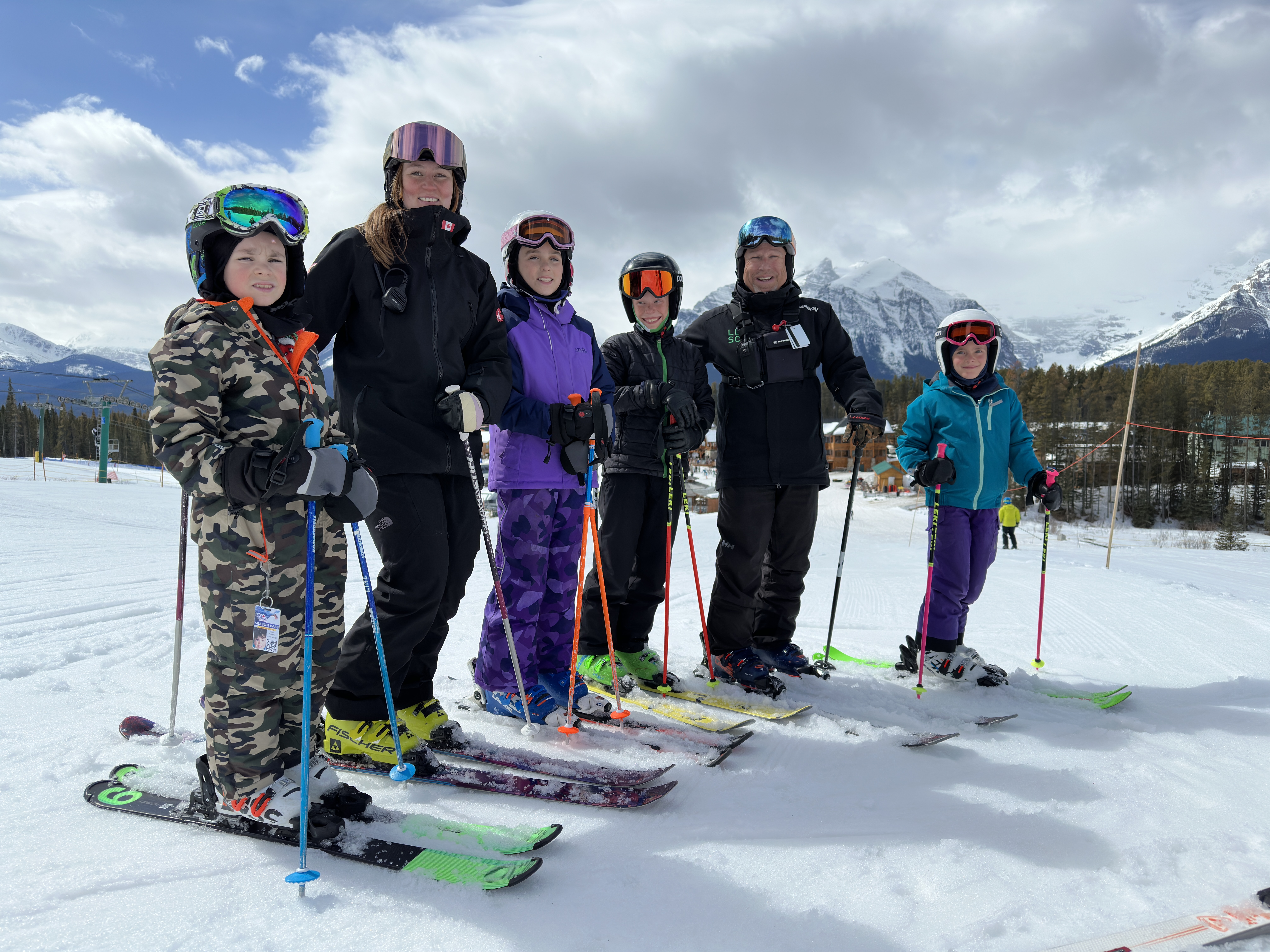
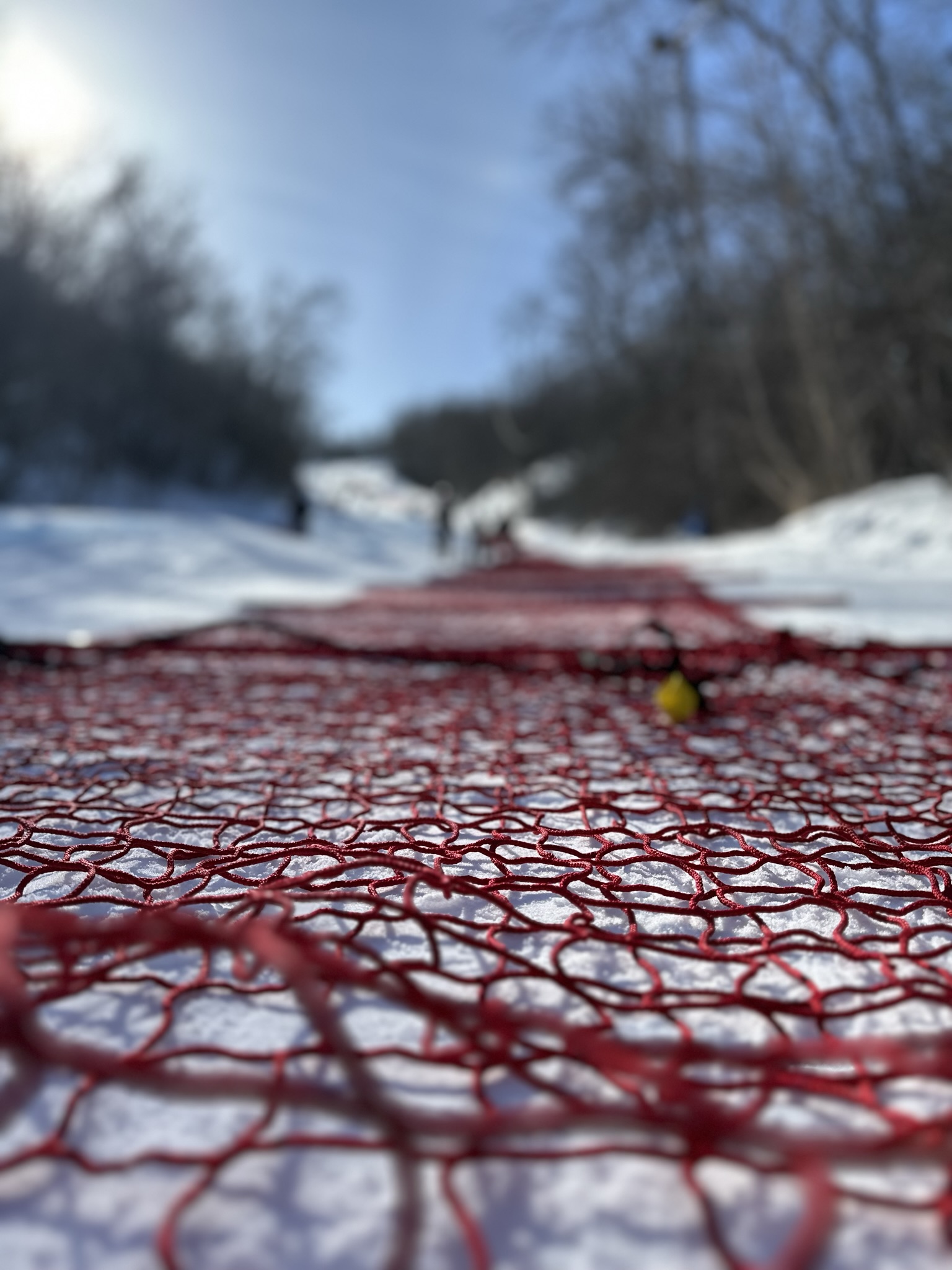
.jpg)
